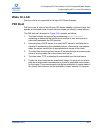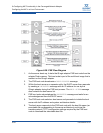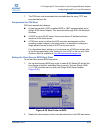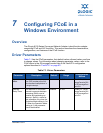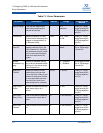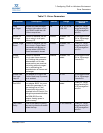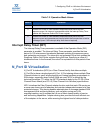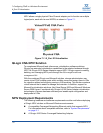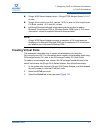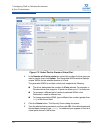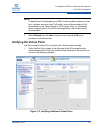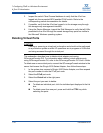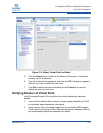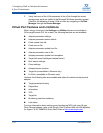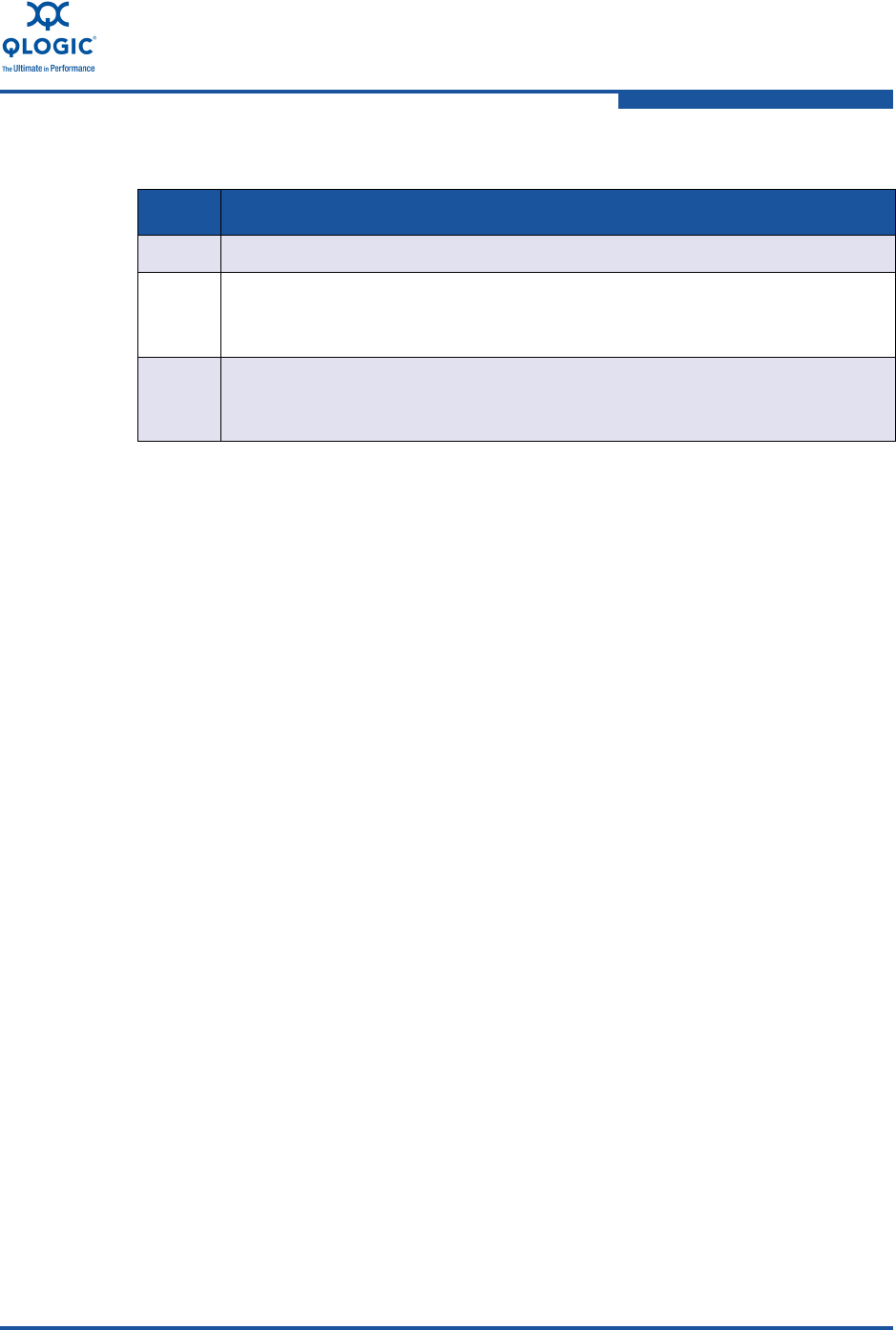
7–Configuring FCoE in a Windows Environment
N_Port ID Virtualization
FE0254601-00 A 7-5
Interrupt Delay Timer (IDT)
The Interrupt Delay Timer parameter is available if the Operation Mode (ZIO)
parameter is enabled. The Interrupt Delay Timer parameter specifies the time
period (in 100-microsecond increments) between updating the response queue
and generating an interrupt. The interrupt is not generated if the host updates the
Response Queue Out-Pointer register during this time. Specifying a value of 0
disables the timer. In the firmware, the value 0 is equivalent to a time period of two
hours.
N_Port ID Virtualization
N_Port ID Virtualization (NPIV) is a Fibre Channel facility that allows multiple
N_Port IDs to share a single physical N_Port. N_Port sharing allows multiple Fibre
Channel initiators to use a single physical port, easing hardware requirements in
SAN design, especially where virtual SANs are used. NPIV is defined by the
technical committee T11 within the INCITS standards body by the FC-DA (Fibre
Channel Direct Attach) and FC-LS (Fibre Channel Link Services) specifications.
NPIV virtualizes the Fibre Channel adapter function such that each VM running on
a server can share a pool of adapters and maintain independent access to its own
protected storage. This sharing enables administrators to leverage standard SAN
management tools and best practices, such as fabric zoning and LUN
mapping/masking, and it enables the full use of fabric-based quality-of-service
and accounting capabilities. Adapter sharing also provides the most efficient use
of the adapters in the server, while ensuring the highest level of data protection.
Table 7-2. Operation Mode Values
Values Operation
0 Disables ZIO mode.
5 Enables ZIO mode 5. DMA transfers response queue entries into the
response queue. No interrupt is generated unless the Interrupt Delay Timer
updates the Response Queue-Out Pointer register.
6 Enables ZIO mode 6. DMA transfers response queue entries into the
response queue and generates an interrupt when the firmware has no active
exchanges (even if the interrupt delay timer has not expired).



